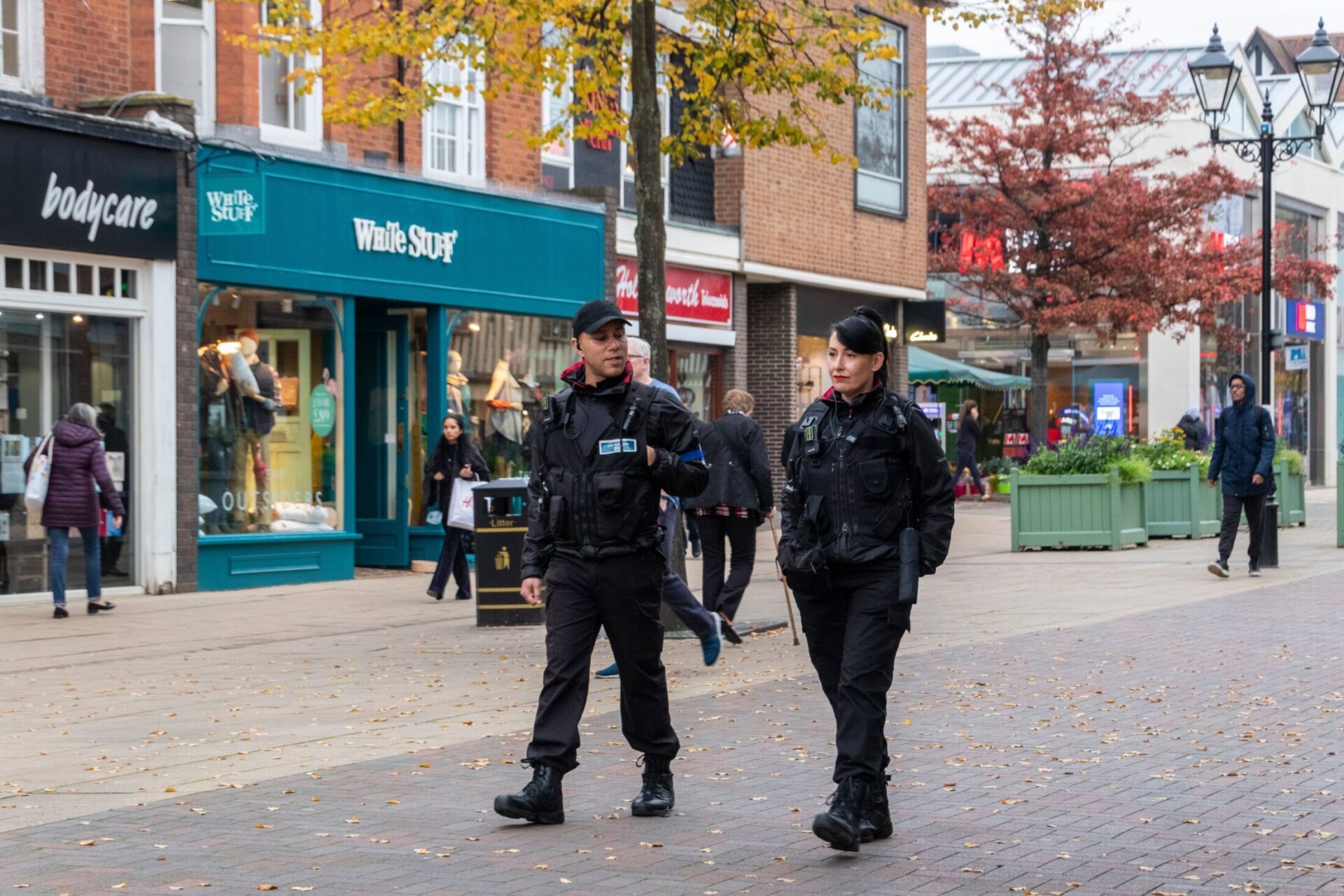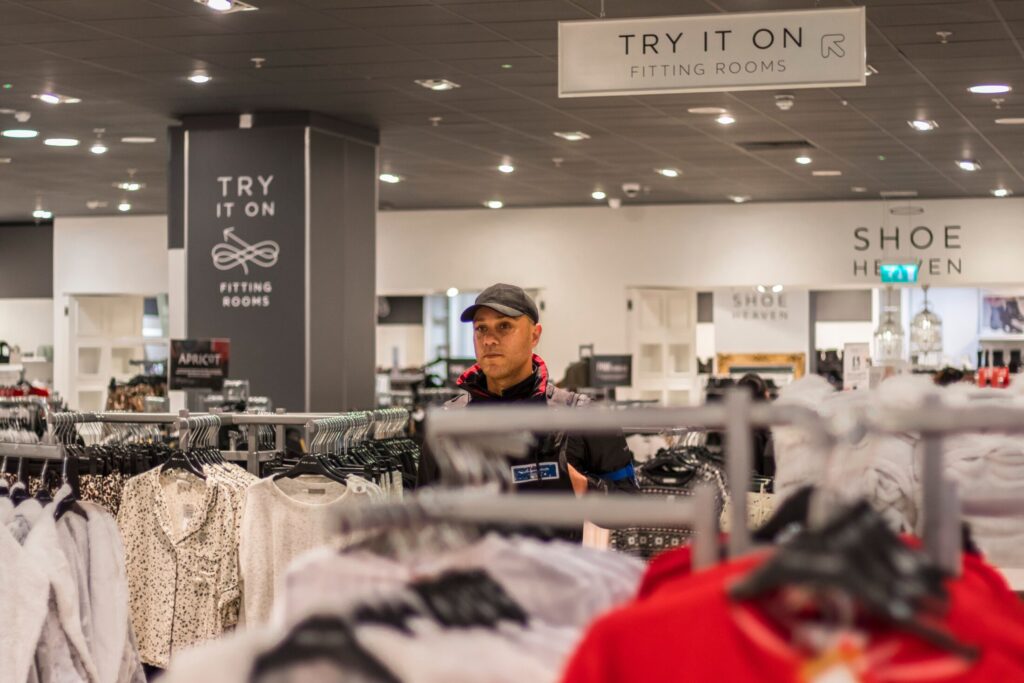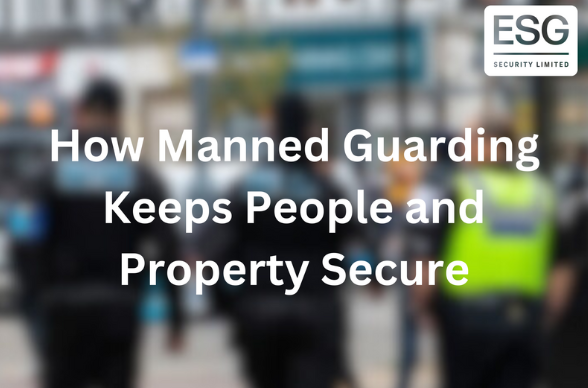We look at how rising costs are affecting the security risks of independent shops and retailers to see how Business Improvement Districts (BID) are supporting them through their ‘Safety and Security’ strategy.
Shoplifting
Rising prices led to a sharp decline in retail sales in April 2022 (BRC-KPMG) suggesting people have ‘put the brakes’ on spending to cope with higher costs for food and fuel. As everyday items become luxuries for many, retailers believe a rise in shoplifting seems inevitable. The British Retail Consortium’s 2021 Retail Crime Survey shows cost of crime to retailers was £935 million.
As might be expected following two years of pandemic related restrictions, the Office for National Statistics’ has reported a reduction in shoplifting offences. Not all retailers agree with this. Some suspect the reduced crime figures are down to a lack of prosecutions and accuse the police of failing to stop repeat offending.
Security challenges and BID involvement
Many stores were forced to reduce costs, and in-store security budgets were cut. These stores have been heavily reliant on their BID’s ‘Safety and Security’ program. The idea behind the ‘Safety and Security’ program is to take a more focused approach to meeting the needs of businesses within the BID area, identify the concerns of employees, helping to manage risk and community safety.
The BID’s provide funding for Loss Prevention/Enforcement Officers (SIA-licenced), who respond to the emergent security incidents of all businesses. The Loss Prevention/Enforcement Officers work very closely with all stakeholders including the local authorities and the police.
To maintain a responsive approach to crime, stakeholders meet monthly to discuss security issues and oversee crime prevention initiatives. The meeting allows businesses and the public sector to work effectively on a sustainable security strategy.
Manned guarding AKA security officer companies support these BID’s by providing the staff for the Loss Prevention/Enforcement Officer role. Loss Prevention/Enforcement Officers provide premises with the physical presence often needed to stop criminal activity. These trained Officers provide a vital service, liaising with police officers and PCSO’s and are often the first responders.
It’s not just shoplifting that affects businesses though there are wider business crime issues too, for example: violence and abuse towards staff (assault), criminal damage (smashed windows, broken doors etc.) graffiti too costs time and money to clean up.
These criminal acts can lower the footfall for a local area as it becomes associated with antisocial behaviour, reducing customer numbers and ultimately profits.
While it is unfair to expect staff to apprehend thieves or deal with those displaying antisocial behaviour, a lack of security staff means these are often the people who have to manage the situation.
The hands off mentality
Often retailers will have a ‘hands off’ policy that their staff should never intervene, rather let a theft occur than put themselves in danger. The disadvantage of this policy is that criminals will scope out these types of stores, which makes them extremely vulnerable to future theft.
In these instances Loss Prevention/Enforcement Officers help protect businesses by reporting the presence of known shoplifters to the store and the police who can then apprehend them.
ESG Security has been providing security services since 1988. Our expertise in this area helps our customers minimise the potential impact of crime carried out against independent shops and retailers.





